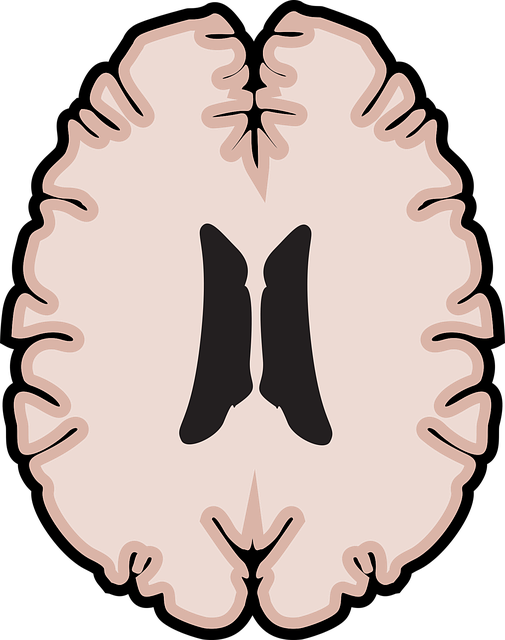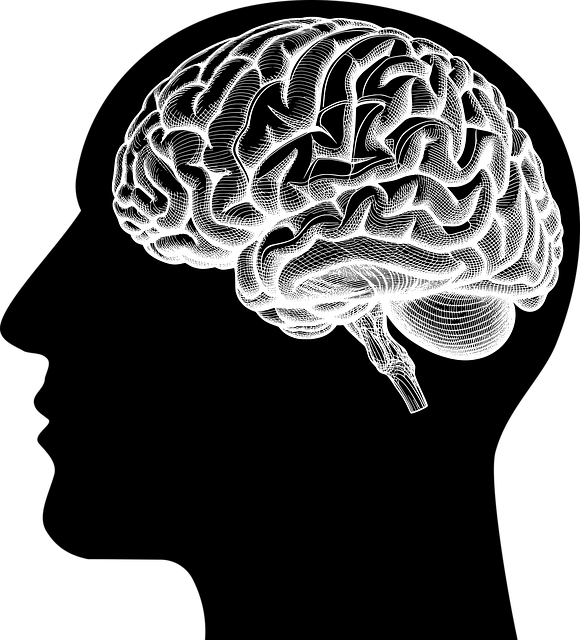Mental wellness is crucial for overall well-being, and neglecting it can lead to chronic issues. Practices like therapy and journaling are effective tools, with Westminster Chronic Illness Therapy offering resources to boost self-esteem through expressive means like journaling. This process aids emotional processing, develops healthier coping strategies, and promotes conflict resolution skills, empowering individuals to manage mental health effectively and reduce stigma. Through structured prompts, Westminster Chronic Illness Therapy guides patients in exploring thoughts and emotions related to their chronic illnesses, fostering self-awareness and holistic healing.
“Unwind and reconnect with yourself through the powerful practice of mental wellness journaling. This article explores how a simple yet profound tool can significantly impact daily life, offering a sanctuary for reflection and self-care. We delve into ‘Journaling as a Therapeutic Tool,’ providing a step-by-step guide to unlock its benefits. Additionally, discover how Westminster Chronic Illness Therapy incorporates journaling for holistic healing, showcasing its versatility in enhancing mental wellness.”
- Understanding Mental Wellness and its Impact on Daily Life
- Journaling as a Therapeutic Tool: A Step-by-Step Guide for Effective Practice
- Westminster Chronic Illness Therapy: Incorporating Journaling for Holistic Healing
Understanding Mental Wellness and its Impact on Daily Life

Mental wellness is a vital aspect of our overall well-being, encompassing our emotional, psychological, and social health. It affects how we think, feel, and act in our daily lives, playing a crucial role in our ability to cope with stress, make choices, and relate to others. Understanding mental wellness is essential, especially as it can impact various areas of our lives, including work, relationships, and personal pursuits.
In today’s fast-paced world, where hustle and bustle often dominate, neglecting our mental health can lead to chronic illnesses and a diminished quality of life. This is where practices like therapy and journaling can be transformative. For instance, Westminster Chronic Illness Therapy offers valuable tools for individuals seeking self-esteem improvement and confidence boosting. By providing an outlet for expression, journaling helps individuals process their thoughts and emotions, fostering healthier coping mechanisms and even effective conflict resolution techniques.
Journaling as a Therapeutic Tool: A Step-by-Step Guide for Effective Practice

Journaling has emerged as a powerful therapeutic tool, offering individuals a safe and private space to explore their thoughts and emotions. This practice, often used in Westminster Chronic Illness Therapy sessions, provides a means to gain insight, process experiences, and develop coping skills. By putting pen to paper, or fingers to keyboard, individuals can engage in self-reflection and begin to unravel complex feelings.
A simple step-by-step guide for effective journaling could start with setting aside dedicated time each day. Choose a quiet moment when your mind is relatively calm. Begin by jotting down the date and a brief description of your overall mood or any particular event that’s been on your mind. From there, let your thoughts flow freely. Write about what you’re grateful for, express fears or frustrations, or describe a memorable experience. The goal is not to create perfect sentences but to capture your authentic feelings. Regular journaling can boost confidence and empower individuals in their journey towards managing mental illness, while also contributing to the important efforts of reducing stigma surrounding mental health issues.
Westminster Chronic Illness Therapy: Incorporating Journaling for Holistic Healing

Westminster Chronic Illness Therapy recognizes the power of journaling as a tool for holistic healing and coping skills development. By incorporating this practice into their programs, they offer patients a means to enhance self-awareness exercises and navigate their mental health journeys effectively. Journaling allows individuals to reflect on their thoughts, emotions, and experiences related to their chronic illness, fostering a deeper understanding of their mental health status.
Through structured journaling prompts, Westminster Chronic Illness Therapy guides patients in exploring various aspects of their well-being. These exercises encourage self-expression, emotional processing, and the development of positive coping strategies. By participating in regular mental health education programs designed around journaling, individuals can gain valuable insights into their mental wellness, cultivate resilience, and take proactive steps towards managing their chronic conditions holistically.
Mental wellness journaling is a powerful tool, as evidenced by practices like Westminster Chronic Illness Therapy, which incorporates it for holistic healing. By understanding mental wellness and its impact on daily life, we can harness the step-by-step therapeutic benefits of journaling to significantly improve our overall well-being. This article has provided a comprehensive guide to help you begin this transformative practice.














